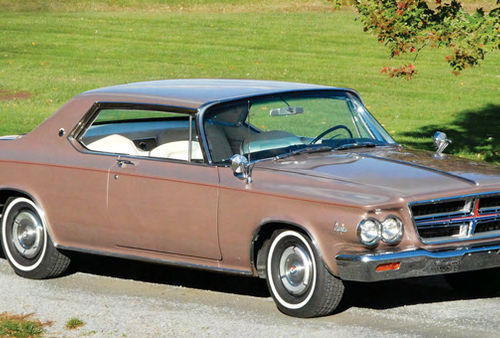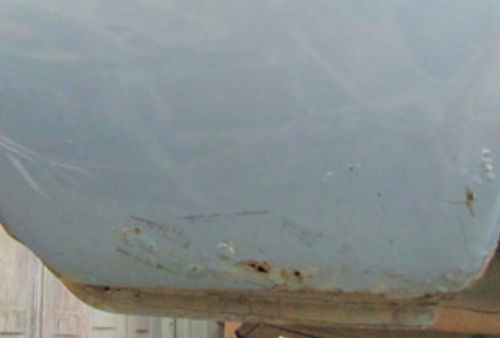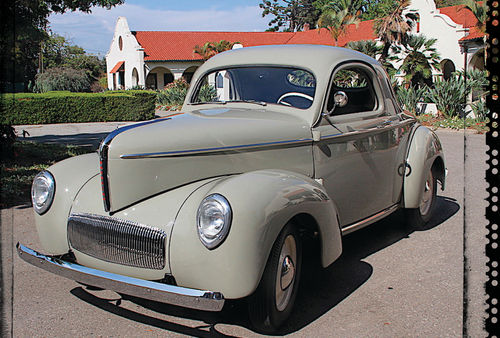My GTO spills its water
Question:
I have a perplexing problem that has stumped several different local resources, so I thought I’d see if you can shed some light on the subject. I have a 1969 Pontiac GTO convertible and recently had the engine completely rebuilt by a local, well-respected muscle car shop that specializes in Chevrolets. Between them and the machine shop they send work to, we rebuilt it with an .069 camshaft, roller rockers, ram air III heads, intake and HO exhaust manifolds.
The car runs great and is super fast. I am totally happy with the rebuild and love driving with the new engine.
The problem arose on the ride home and mimicked a classic case of overheat- ing. The radiator was boiling over and spilling water all over the ground. Because my gauge cluster was inoperable, I couldn’t tell if the engine was getting hot or not, so the guys changed the thermostat to a 160-degree unit, changed the radiator cap from a 13-lb. to a 16-lb., and installed a temperature gauge in my glove box that was direct wired to the thermostat and inspected the radiator while it was three-fourths full to confirm that water was circulating, which it was.
After these changes, the radiator still purged one-third to half of its contents, but the temperature gauge barely sniffed 200 degrees.
Here in the Sacramento Valley, the temperature is regularly over 100 degrees in the afternoon and if I take her out on the freeway, she will hit 210 at the most, but usually hovers around 180 to 200.
Timing, the improper seating of the water pump gasket, a “vapor lock” of water in the block and a clogged or blocked radiator flow all were suggested as possible culprits, but none of these items, when investigated, seemed to make a difference.
After exhausting these possible solutions, the guys at the shop shrugged their shoulders and we agreed that I really needed to keep my eye on the temperature gauge, which I do, so far without incident. However, my gut tells me that it just isn’t “cool” to run the radiator half full, especially when, in afternoon rush hour stop-and-go traffic with the outside temperature at 100+, any muscle car engine can overheat and burn up.
Answer:
If the fluid in your radiator “boils out” onto the ground then several things are happening. The fluid is reaching its boiling point and the increased pressure that results is overcoming the capacity of the radiator cap to contain it.
You don’t mention whether there’s any antifreeze in the radiator fluid but do say that, “The radiator was boiling over and spilling water all over the ground.” If, in fact, the fluid is simply water that is likely part of the problem.
Water boils at 212-degrees F so straight water will boil well before the engine is actually overheating. If you do have a 50/50 mixture of fresh antifreeze and pure water in the system and it is still boiling then it is getting considerably hotter than you want it to.
I don’t understand the situation with your temperature gauge. Why don’t you fix your gauge cluster and scrap the temperature gauge in the glove box, and why is the gauge in the glove box “direct wired to the thermostat?” The engine coolant temperature gauge should be wired to a temperature sending unit, not the thermostat. I have often seen incompatible sending unit and gauge combinations give grossly inaccurate readings so make sure that yours are a matched pair or have been calibrated to work together accurately by a gauge specialist.
If you determine that the engine coolant is in fact within safe limits, the fluid is a 50/50 mix of fresh, name brand anti-freeze and pure water, and the fluid is still boiling out of the radiator then there is probably something wrong with the radiator cap or the seat of the neck it screws onto.















